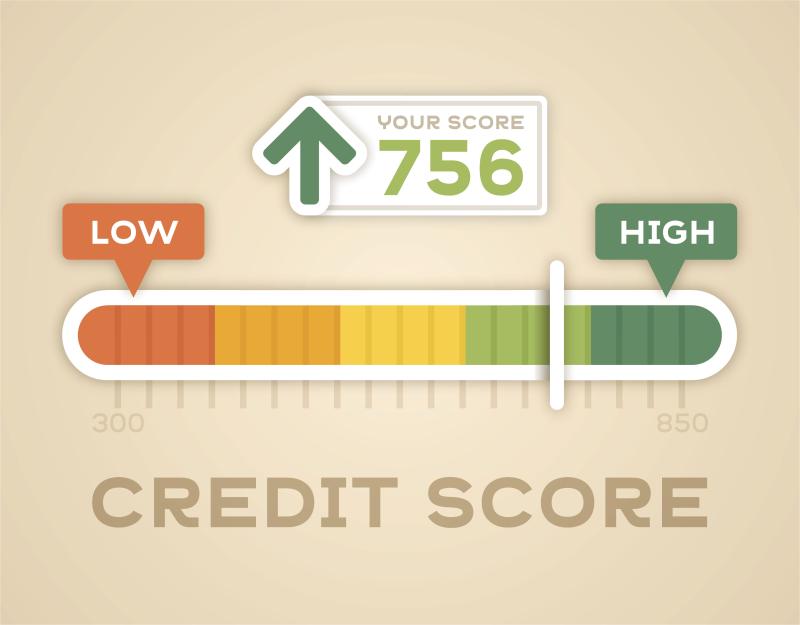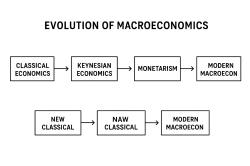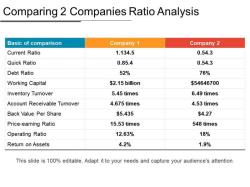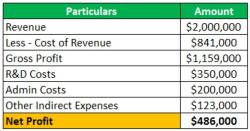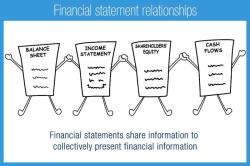Are credit cards good for low credit scores?
Credit cards for low credit scores can have both pros and cons. Here are some considerations:
Pros:
Credit Building Opportunity:
- Responsible use of a credit card, even with a low credit limit, can contribute to building or rebuilding your credit history. Timely payments and maintaining a low credit utilization ratio can have a positive impact on your credit score over time.
Emergency Expenses:
- Having a credit card can provide a financial safety net for unexpected expenses or emergencies. It can be a convenient way to cover immediate costs when you don't have cash on hand.
Convenience and Flexibility:
- Credit cards offer convenience in making purchases, both online and in-person. They also provide a level of financial flexibility, allowing you to make purchases and pay later.
Potential Rewards and Benefits:
- Some credit cards designed for individuals with low credit scores may offer rewards or benefits, such as cash back or points on purchases. While these might be limited compared to cards for higher credit scores, they can still provide some value.
Cons:
High Interest Rates:
- Credit cards for low credit scores often come with higher interest rates. If you carry a balance from month to month, you may end up paying a significant amount in interest charges.
Low Credit Limits:
- Initially, you may be approved for a low credit limit, which can restrict your ability to make larger purchases. It's important to stay within your credit limit to avoid penalties and further damage to your credit.
Annual Fees:
- Some credit cards for low credit scores may have annual fees. Before applying, check the terms and conditions to understand any associated fees.
Limited Rewards and Benefits:
- While some cards may offer rewards, they are generally not as generous as those offered by cards for individuals with higher credit scores. You may have fewer options when it comes to perks and benefits.
Risk of Debt Accumulation:
- Without responsible use, there is a risk of accumulating debt. Carrying a balance and missing payments can lead to financial challenges and negatively impact your credit score.
Before applying for a credit card with a low credit score, carefully review the terms and conditions. Consider whether the benefits outweigh the potential drawbacks. If possible, work on improving your credit score over time to qualify for cards with better terms and lower interest rates. Additionally, seek financial advice if you are uncertain about managing credit responsibly.
Are credit cards advisable for individuals with low credit scores?
Whether or not credit cards are advisable for individuals with low credit scores depends on several factors and there's no one-size-fits-all answer. Here's a breakdown of both the potential benefits and drawbacks to consider:
Potential benefits:
- Building credit: Using a credit card responsibly and paying your bills on time can actually help improve your credit score over time. This is because regular, on-time payments demonstrate your ability to handle credit responsibly.
- Access to emergency funds: Having a credit card can provide a safety net in case of unexpected expenses.
- Convenience and purchase protection: Credit cards offer convenient payment options and often come with purchase protection benefits, such as extended warranties or theft protection.
- Travel benefits: Some travel-oriented credit cards offer perks like airport lounge access, travel insurance, and rewards points that can be redeemed for flights or hotels.
Potential drawbacks:
- High interest rates: Individuals with low credit scores typically qualify for higher interest rates on credit cards, which can lead to significant debt if not managed carefully.
- Temptation to overspend: It's easy to overspend with a credit card, especially if you are not used to budgeting and tracking your finances. This can lead to debt accumulation and financial strain.
- Annual fees: Some credit cards, particularly those with rewards programs, charge annual fees. Make sure the benefits outweigh the cost of the annual fee before applying.
- Predatory lending: Be wary of lenders offering "easy credit" to individuals with bad credit. These loans often have very high interest rates and hidden fees, and can trap you in a cycle of debt.
Alternatives to consider:
- Secured credit card: This type of card requires a refundable security deposit that is equal to your credit limit. Using a secured card responsibly can help build your credit score.
- Debit card: A debit card uses your own money, so you can't overspend. This can be a good option for individuals who struggle with budgeting or overspending.
- Cash: Using cash can help you stay mindful of your spending and avoid debt.
Ultimately, the decision of whether or not to get a credit card with a low credit score is a personal one. Weigh the potential benefits and drawbacks carefully, and consider alternative options before making a decision. If you decide to get a credit card, be sure to choose one with a low interest rate and no annual fees. It's also important to develop healthy credit habits, such as paying your bills on time and keeping your credit utilization ratio low.
Remember, building good credit takes time and effort. There is no quick fix, and it's important to be patient and responsible with your credit card use.
I hope this information helps you make an informed decision!
